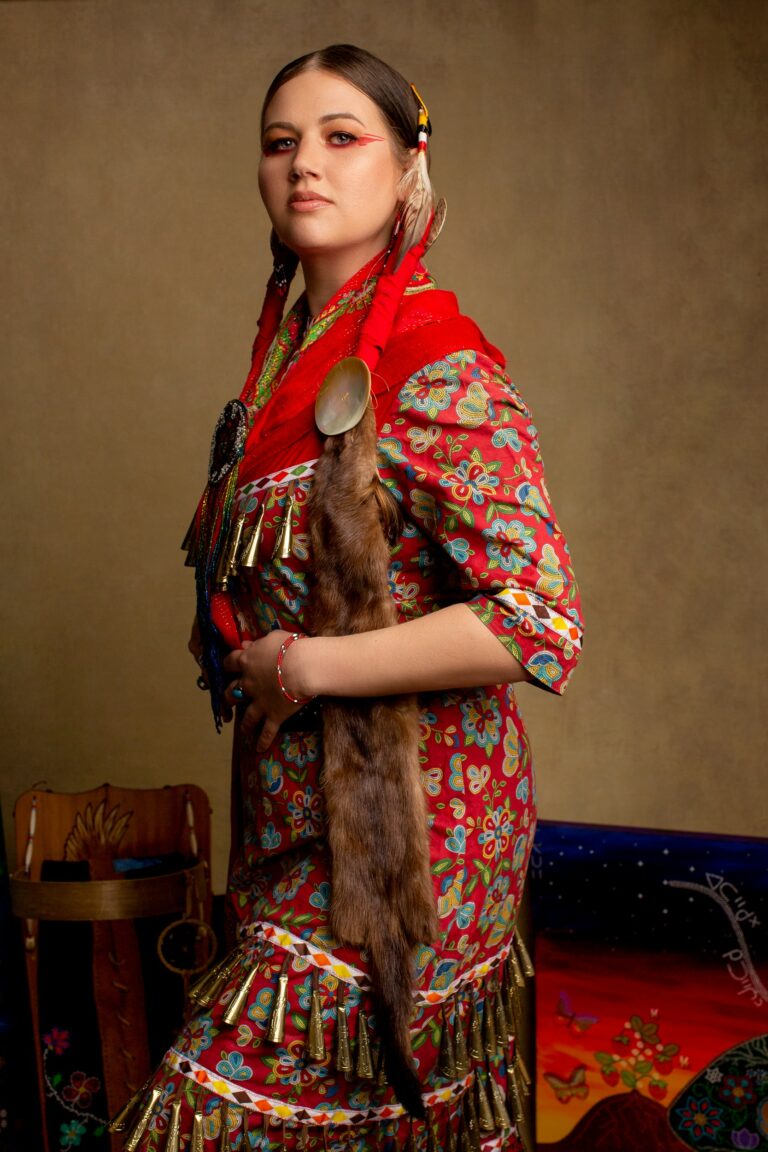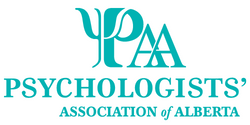
Indigenous Wisdoms in Practice: Land-Based Tools for Wellness – 6 CE Credits – VIRTUAL
Abstract
While the field of psychology continues to move toward greater cultural sensitivity, research, education, and practice remain grounded primarily in dominant Euro-Western approaches. Such approaches perpetuate colonial narratives and practices in assessment, diagnosis, conceptualization, and treatment, limiting clinical effectiveness with Indigenous people. This workshop draws on community-based Indigenous research and national reports, engaging attendees in understanding how they may better serve Indigenous people from Indigenous perspectives. Participants will learn how to begin restor(y)ing colonial narratives of pathology using Indigenous counter narratives of survivance, resilience, resistance, and resurgence that move Indigenous people and communities toward individual and collective wellness, balance, and harmony. This workshop will engage attendees in considering how they may transform their work through applying a medicine bundle framework that incorporates community-based perspectives on best practices that are based in love, good relationships, Indigenous knowledges, living a good life, responsibility, identity, and belonging, and land. Land-based Indigenous approaches to psychotherapy and complex trauma work will be introduced, including how to bring an “all my relations,” land-based, strength-based, culturally responsive, holistic, and historically sensitive approach to therapeutic work through the application of Indigenous ways of knowing, being, and doing.
Intended Audience
Professionals working in direct service provision that involves case conceptualization, assessment, diagnosis, treatment planning, and/or intervention. Professionals in leadership and administration in organizations that provide the aforementioned clinical services.
Learning Objective
- Articulate what decolonizing means in the context of psychological practice
- Understand Indigenous counter-narratives and concepts that challenge; conventional approaches to psychopathology and disease, and how these contribute to personal and collective wellness among Indigenous people;
- Implement basic land-based tools that support (re)connecting with, (re)opening to, and (re)engaging one’s personal and collective wisdom and medicine for healing;
- Move toward decolonizing and Indigenizing their practice in a good way.
Format and Schedule
- 9:00 – 10:30
- land-based check-in
- iskotew & crow: (re)igniting narratives of survivance in psychology
- decolonizing & Indigenizing practice: braiding sweetgrass
- 10:30 – 10:45 – break
- 10:45 – 12:00
- Indigenizing case conceptualization & assessment
- personal, collective, vicarious, and intergenerational trauma/wellness
- 12:00 – 12:30 – lunch break
- 12:30 – 2:00
- land-based tools for practice: experiential exercises
- collective & vicarious
- transformation & relationality
- 2:00 – 2:15 – break
- 2:15 – 4:00
- next steps: engaging survivance-based practice in right relationship
- questions and discussion
- land-based tools for practice: experiential exercises
Presenter

Dr. Karlee Fellner
Dr. Karlee Fellner is a citizen of the Métis Nation of Alberta, founder and CEO of maskihkiy wellness (www.maskihkiy.com). Dr. Fellner recently resigned from over 10 years as an Associate Professor in Counselling Psychology-Indigenous Education at the University of Calgary, transitioning into Indigenous community-driven and land-based therapeutic practice. Dr. Fellner is a practicing clinician and prominent scholar activist who has been part of critical initiatives in the field of psychology and beyond, including CPA and PFC’s national task force and Alberta’s (CAP and PAA’s) provincial working group on addressing the TRC in psychology; ASPPB’s Diversity, Equity and Inclusion (EDI) Task Force; the EDI review panel for the Canada Research Chair program; and was on the coordinating team for the 2019 and 2022 National Multicultural Conference & Summit. Dr. Fellner’s areas of interest include Indigenous approaches to therapy and trauma work; Indigenous research, curriculum and pedagogy; culturally appropriate counselling; complex trauma; and holistic and traditional approaches to wellness. Dr. Fellner upholds Indigenous community priorities in all aspects of her work, engaging in transformative research and practice. She continues her role as an educator and mentor through ongoing professional development seminars and supporting aspiring psychologists as a clinical supervisor.
Cancellation and Refunds
Cancellation and refunds may be applied for by email or phone call to the PAA Membership Officer. Cancellations received fourteen (14) days prior to the Continuing Professional Development activity will receive a full refund of the registration fee, less a $35.00 + GST processing fee. PAA reserves the right to cancel any activity, in which case a full refund of the registration fee will be provided.
CE Credits
The Psychologists’ Association of Alberta (PAA) is approved by the Canadian Psychological Association (CPA) to offer Continuing Education (CE) for psychologists. This workshop is offered for six (6.0) hours of CE Credit. Full attendance at the workshop is required to receive Continuing Education Credits. Partial credit will not be awarded, and late arrivals or early departure will preclude awarding of Continuing Education Credits. PAA maintains responsibility for the program.
Credits: 6.0
Recommended Key Resources
Canadian Psychological Association & The Psychology Foundation of Canada. (2018). Psychology’s response to the Truth and Reconciliation Commission of Canada’s Report. Toronto, ON: Author. Available at: https://cpa.ca/docs/File/Task_Forces/TRC%20Task%20Force%20Report_FINAL.pdf
Duran, E. (2019). Healing the soul wound: Trauma-informed counseling for Indigenous communities (2nd ed.). Teachers College Press: New York.
Fellner, K. D. (2019a). Iskotew & crow: Reigniting narratives of Indigenous survivance & trauma wisdom in the classroom. In S. Carr-Stewart & J. Ottmann (Eds.), Knowing the Past, Facing the Future: Indigenous education in Canada (pp. 143-170). Vancouver, BC: UBC Press.
Fellner, K. D. (2019b). Therapy as ceremony: Decolonizing & Indigenizing our practice. In N. Arthur (Ed.). Counseling in Cultural Contexts – Identity and Social Justice (pp. 181-201). New York: Springer.
Turcotte, S., & Schiffer, J. J. (2014). Aboriginal Focusing-Oriented Therapy. In G. Madison (Ed.), Emerging practice in focusing-oriented psychotherapy: Innovative theory and applications (pp. 48-63). Philadelphia, PA: Jessica Kingsley.
Indigenous Focusing Oriented Therapy YouTube Channel: https://www.youtube.com/@indigenousfocusingoriented4099
- This event has passed.
Details
- Date: March 8, 2024
-
Time:
9:00 am - 4:00 pm MST
- Cost: $390.00
- Event Category: Workshop
Venue
- Online
